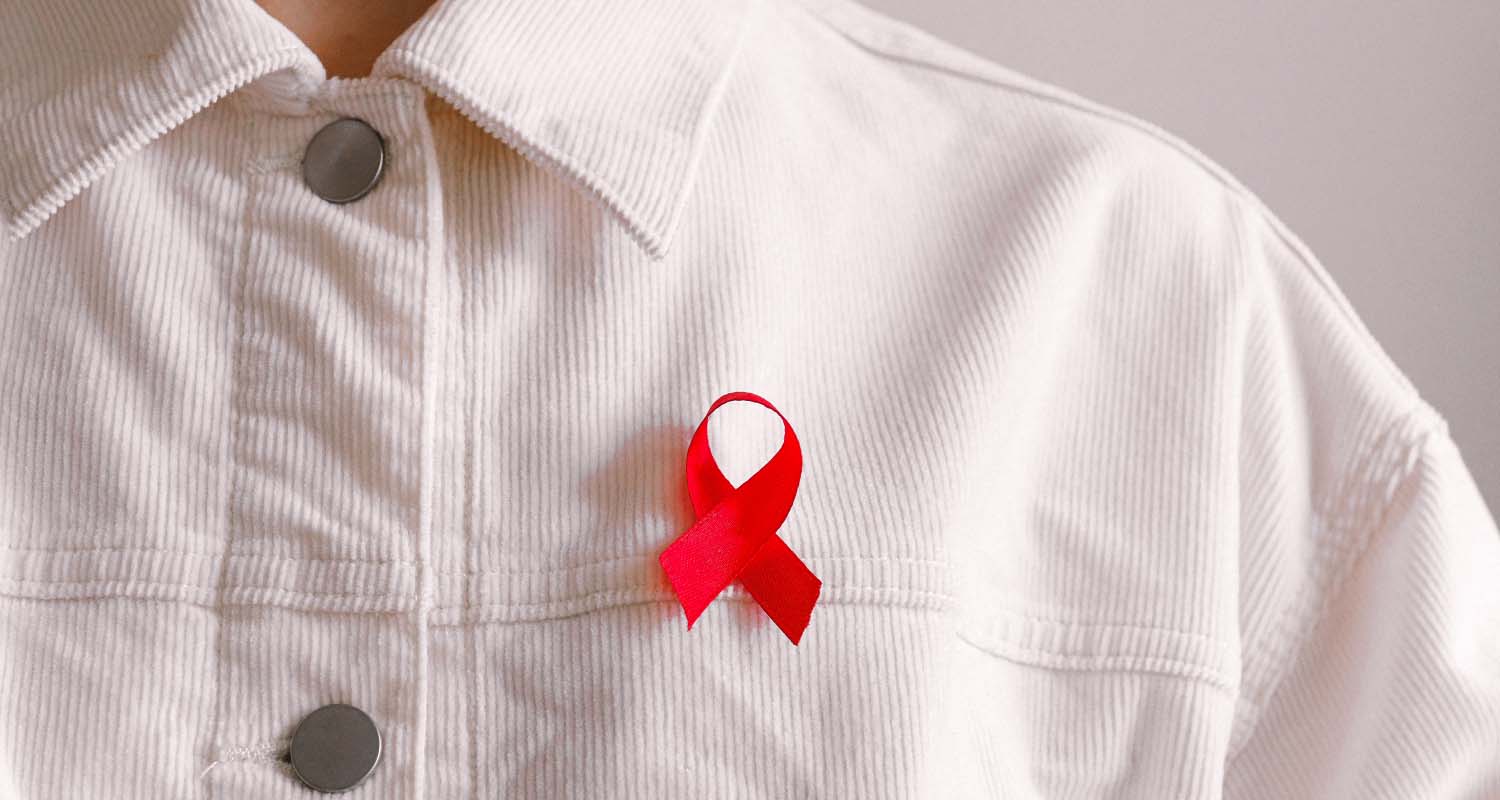HIV campaigners celebrate ‘significant step’ as opt-out testing expanded
"We're learning and improving the system as we go"

Campaigners have celebrated the expansion of an opt-out testing scheme to detect HIV infections across England.
The opt-out scheme was launched last year in 34 A&E units in areas of high prevalence. It’s part of the UK’s HIV Action Plan to end new transmissions of HIV within England by 2030. The scheme also sought to detect previosuly undetected cases of Hepatitis B (HBV) and Hepatitis C (HCV)
On Wednesday (29 November) the UK government announced that the scheme would be expanded to 46 emergency departments. It also announced a new £20 million National Institute for Health and Care Research (NIHR) project to evaluate the expansion.
Anne Aslett, the CEO of the Elton John AIDS Foundation was one of those to welcome the announcement. She hailed the announcement as “another fantastic and very significant step towards meeting the goal of ending new HIV transmissions by 2030.” She added that “above all else [it] will save lives.”
Meanwhile, Richard Angell, of the Terrence Higgins Trust, added, “Today’s announcement is the turbo boost we need if we are to end new HIV cases by 2030.”
Angell said that an additional four million HIV tests in A&Es would be carried out as a result of the opt-out expansion. The tripling of HIV testing due to a “landmark investment” was “absolutely crucial” to reach the estimated 4,400 people in the UK with undiagnosed HIV.
Continuing, Angell said: “The evidence is crystal clear: testing everyone having a blood test in Emergency Departments for HIV works.”
“We’re learning and improving the system as we go”
Speaking exclusively to Attitude ahead of the announcement, Dr Thomas Waite, the government’s Deputy Chief Medical Officer leading on health protection, echoed Angell and Aslett’s celebrations saying: “It’s great news.”
During the first 18 months of the scheme, 33 emergency departments in England conducted 1,401,866 HIV tests, 960,328 HCV tests, and 730,137 HBV tests. This is according to data from the Department of Health and Social Care.
934 new cases of HIV were diagnosed in people unknowingly living with HIV or disengaged from HIV care. 2,206 people living with HBV and 388 disengaged from HBV care were picked up. 867 people living with HCV and 186 disengaged from HCV care were also identified.
When attending A&E people have to actively opt-out of being tested for HIV when blood tests are done. When a positive result is confirmed, people are linked to care and offered information and support.
Waite said the expansion will see areas of lower prevalence being included, building an understanding of the scheme’s effectiveness. “The next step needs to be that we’re learning and improving the system as we go,” he said.
Waite also explained that uptake of testing varied in the initial trial between 25 and 75%. “We need to better understand that,” he continued. He then added, “If you look by different ethnic groups, different population groups, there are different levels of uptake.”
It’s hoped the scheme will help find people in communities who may not normally present themselves for testing.
